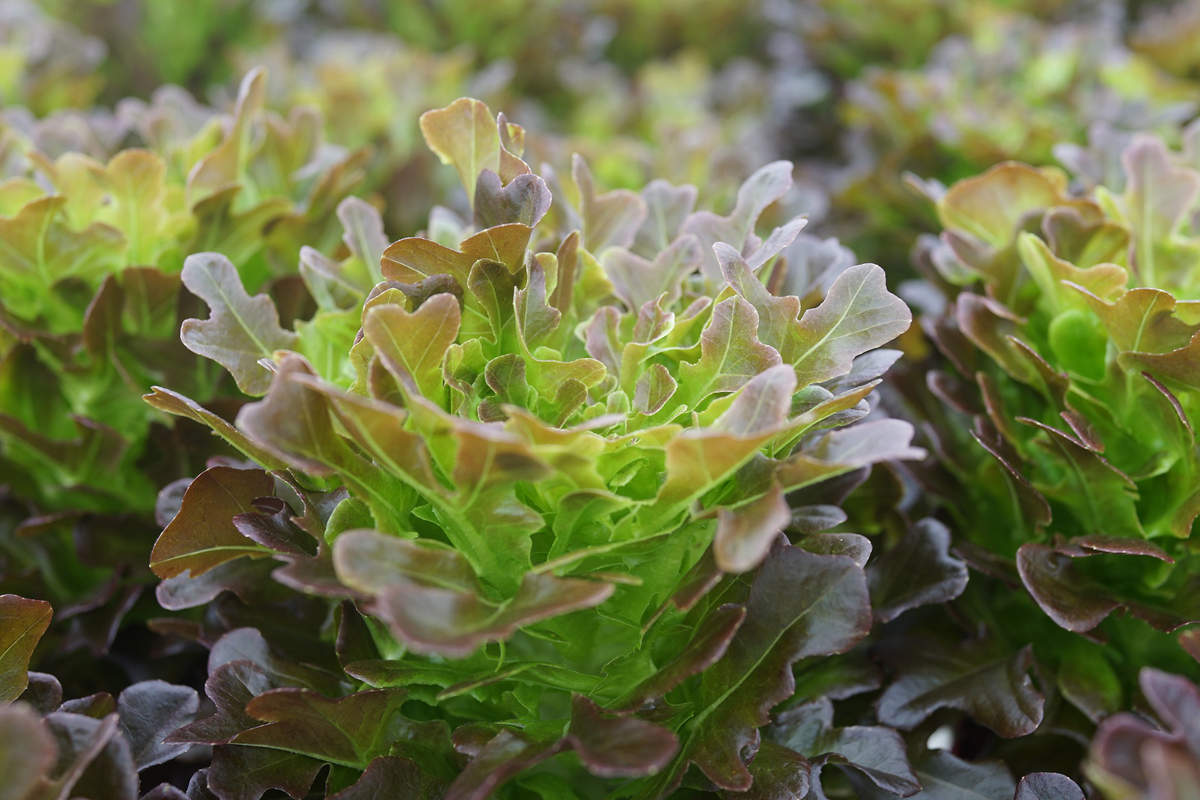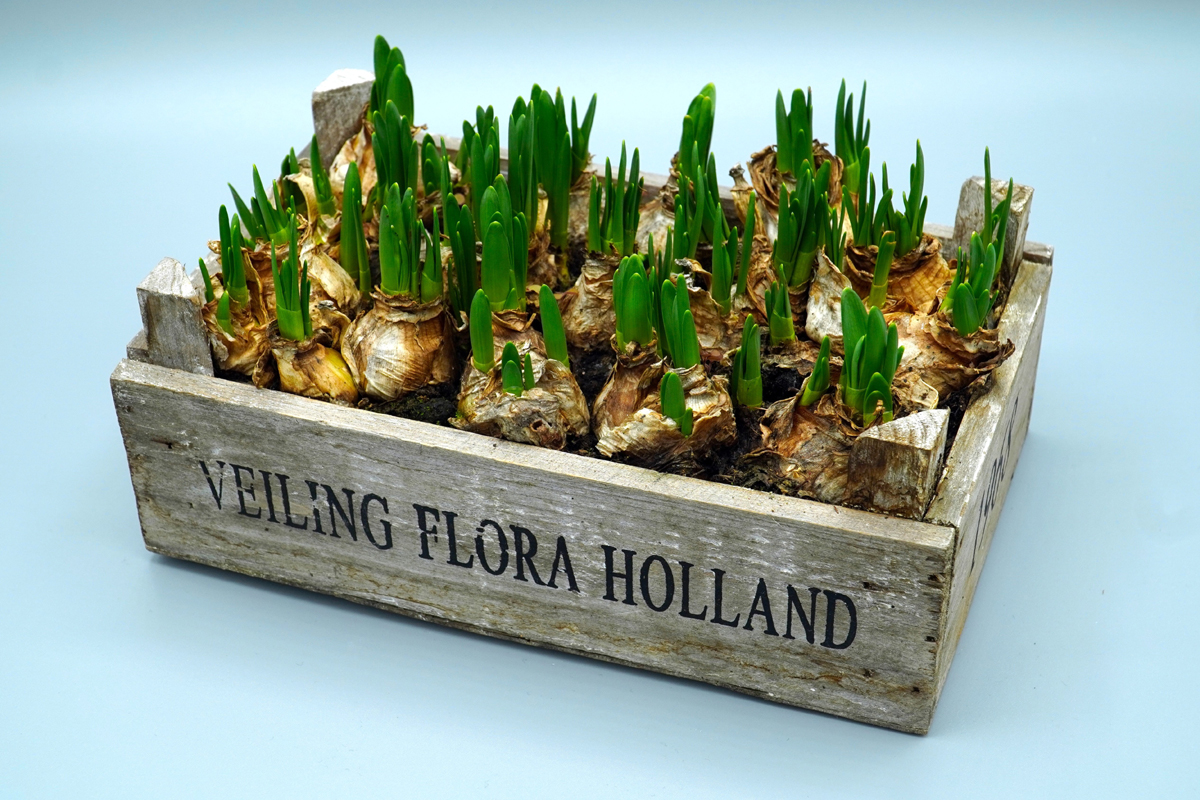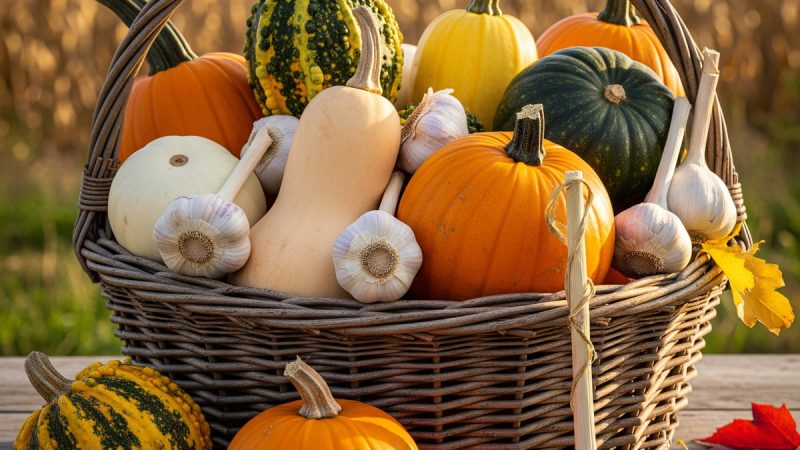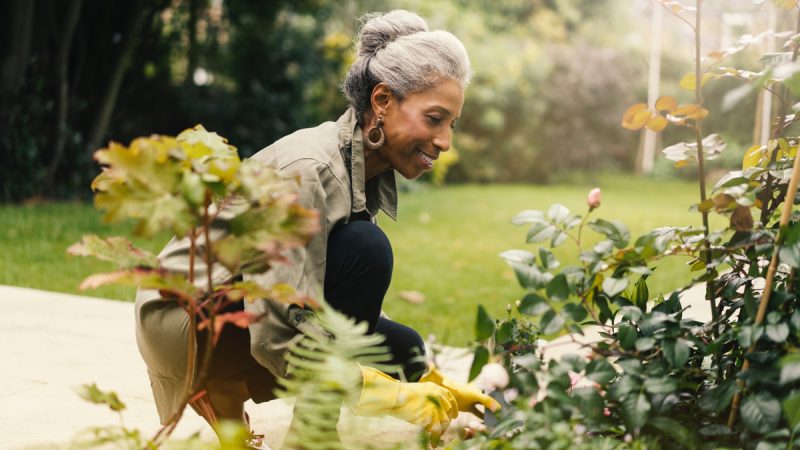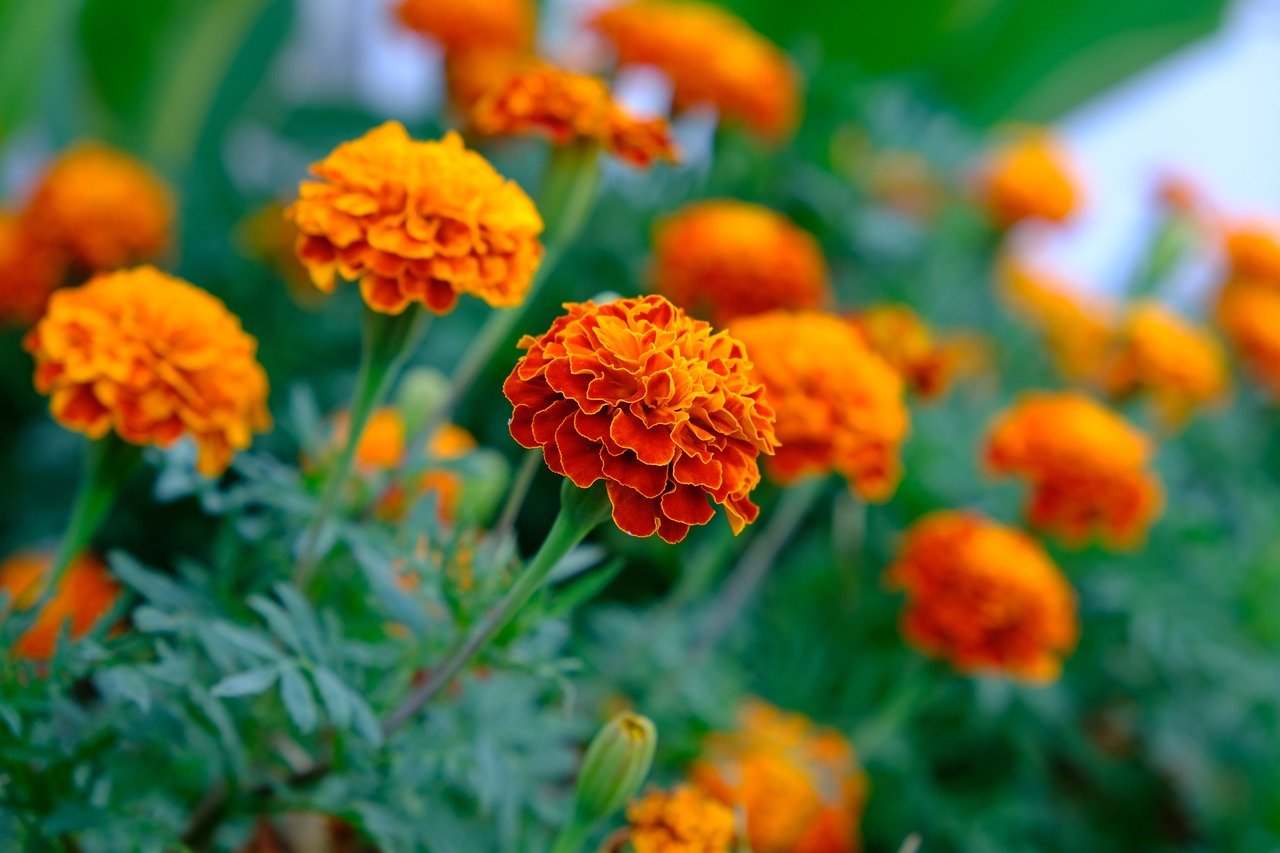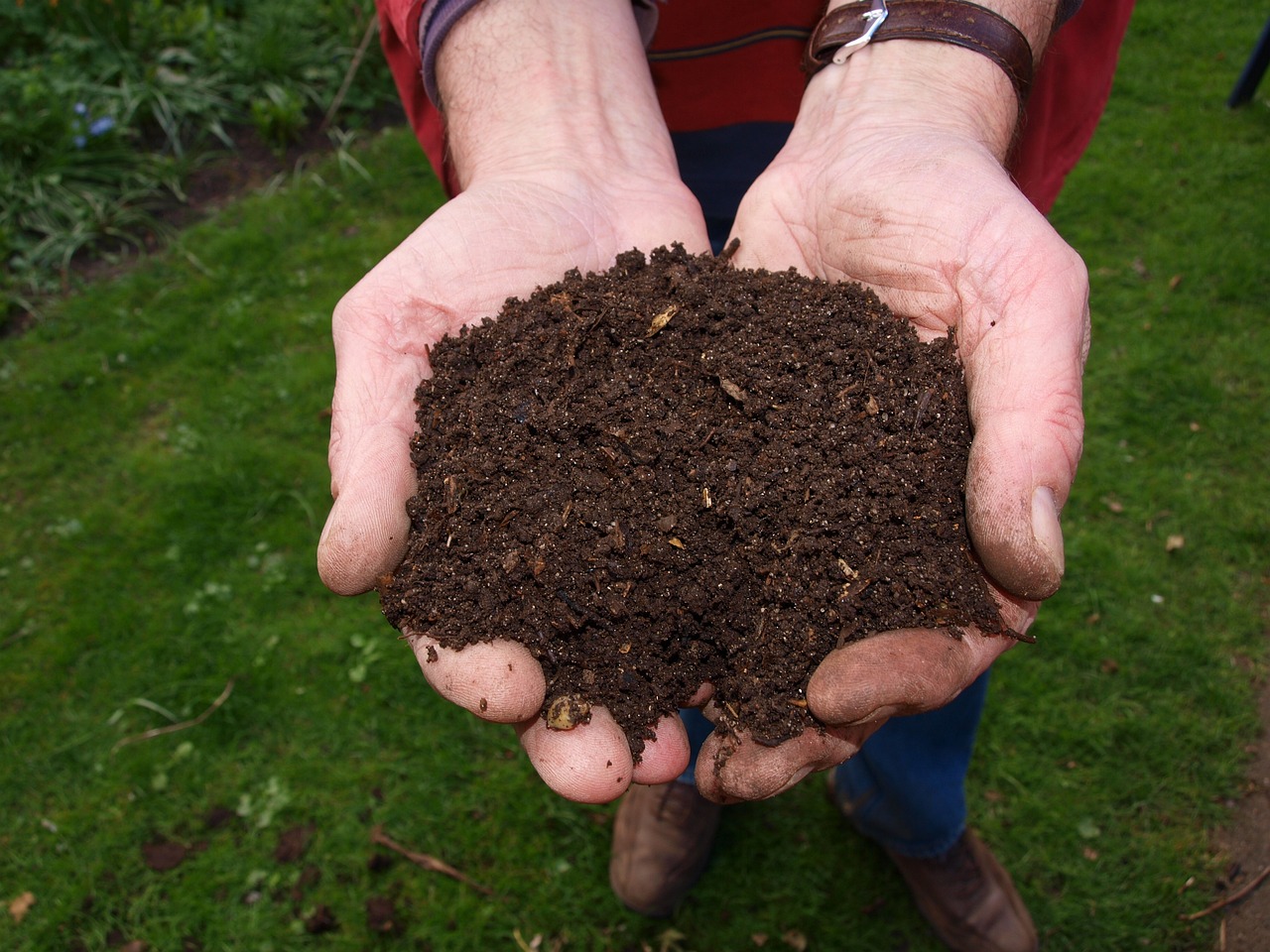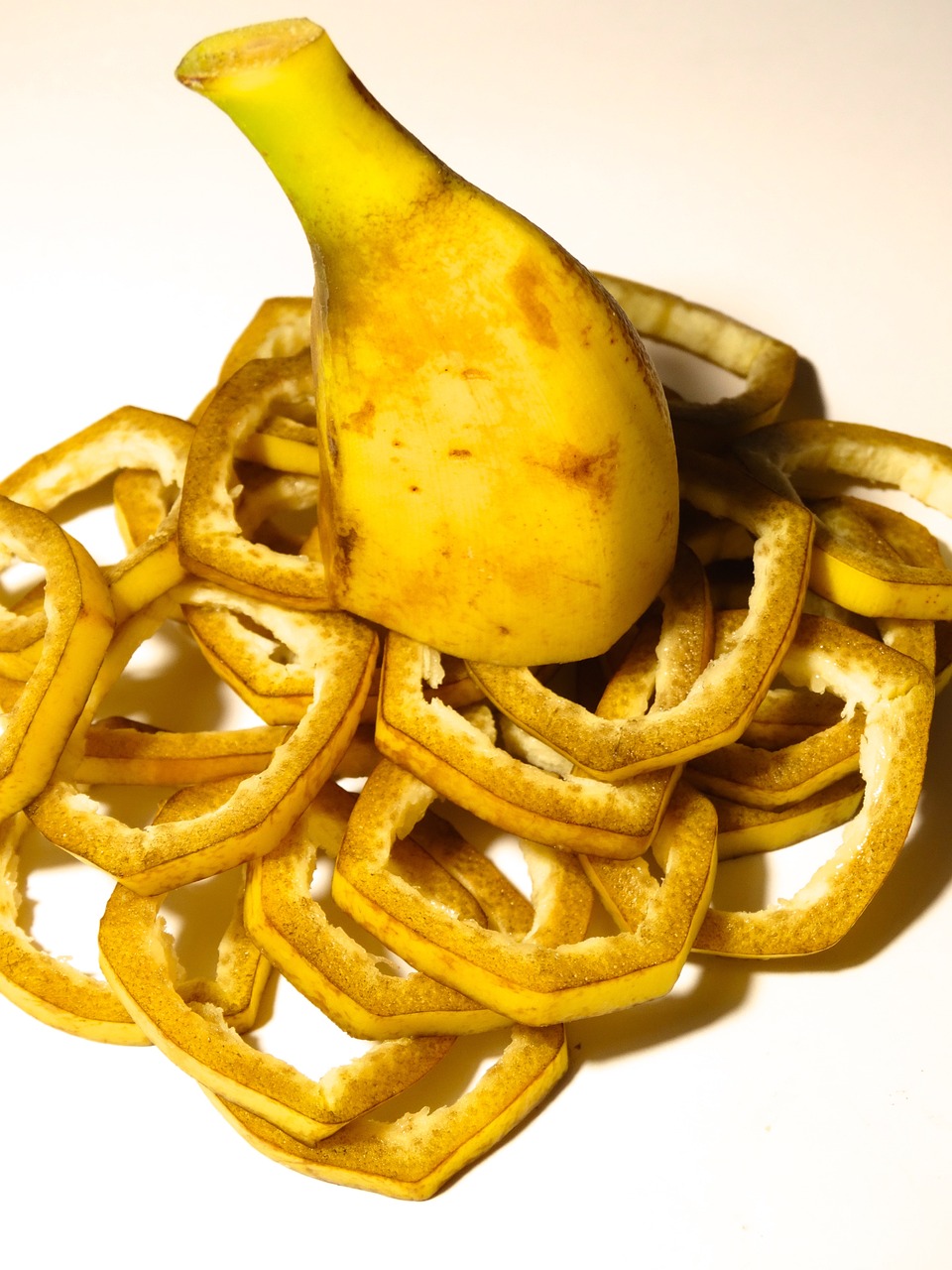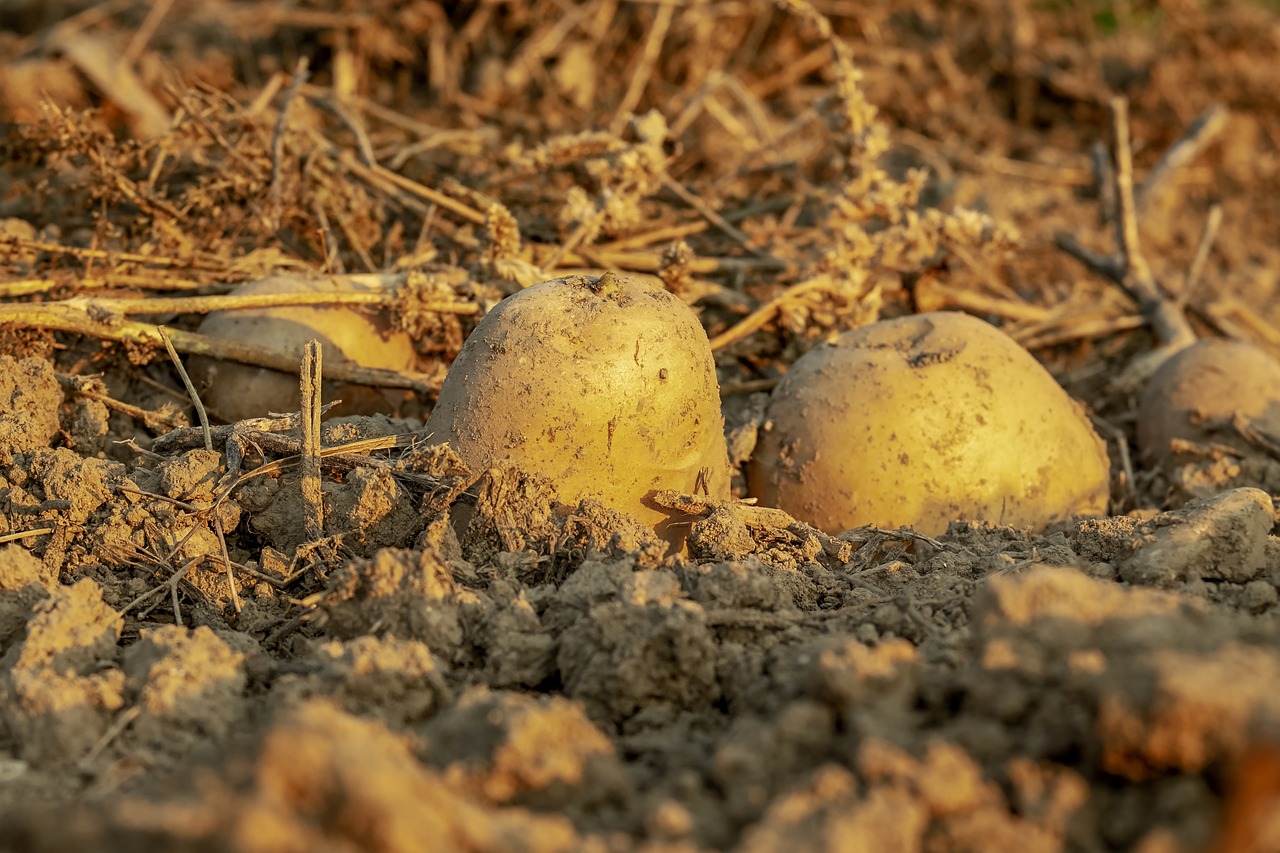Nifty and Thrifty General Garden Tips!
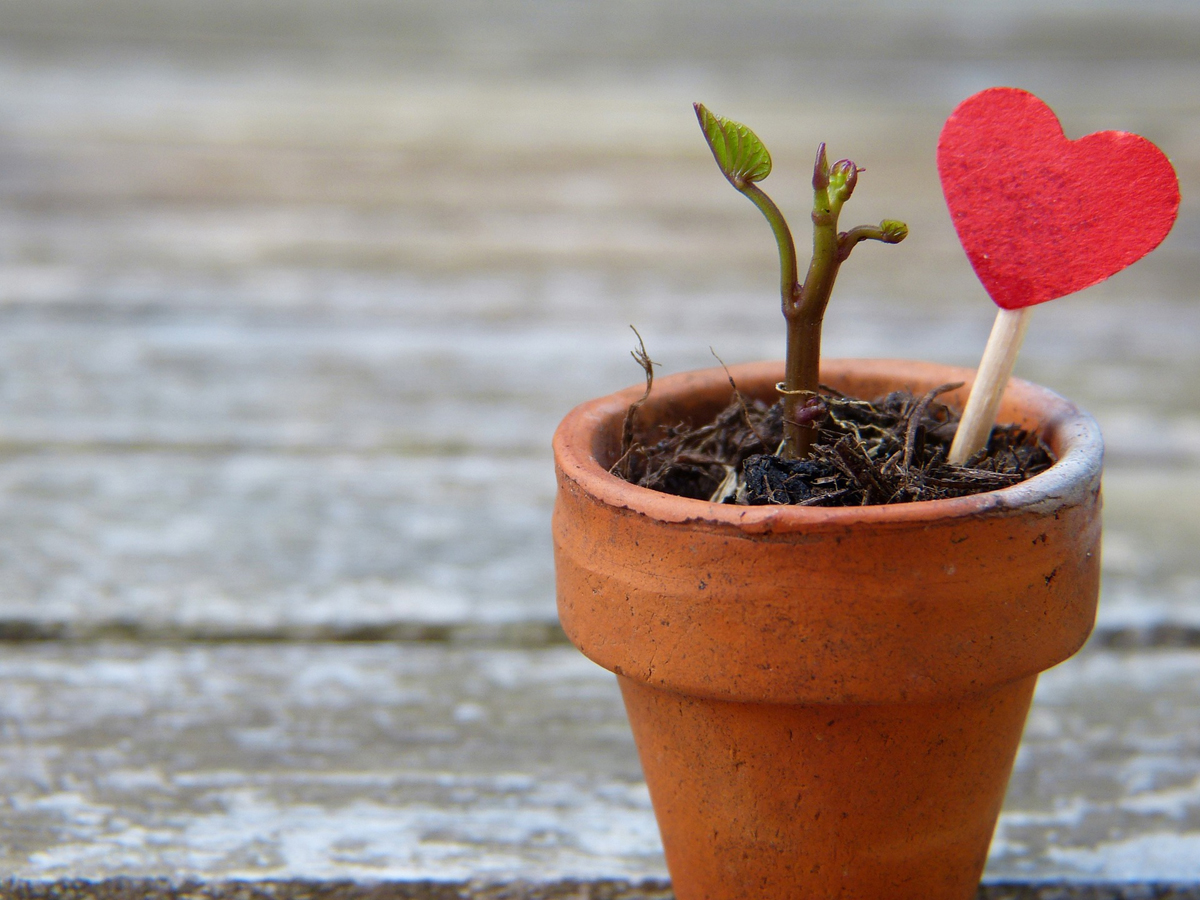
It’s easy these days to be blinded by horticultural science and bewildered by the array of new and complicated products on sale for the garden. But look back a few years and use some good old practical know-how and you’ll find some amazing money-saving, nifty alternative ways of growing plants and maintaining your garden.
General Garden Tips
Egg-box seed trays – use cardboard egg boxes as seed trays. Not only do they provide the perfect home for a seedling to grow, but when ready to be planted out, each cup can be individually cut out and planted straight into the ground where the cardboard will disintegrate and the plant roots can grow undisturbed.
Newspaper also makes great pots for seedlings. Invest in a paper pot maker and save on plastic pots! Just like the egg boxes, seedlings can be planted straight into the ground where the newspaper will provide protection for the seedling until it eventually rots.
Save all those lolly pop sticks in summer – they make excellent plant labels. You can also use plastic yoghurt pots – cut the sides into strips and write on them with a permanent marker pen.
Old tights and stockings make very good plant ties. They are strong but soft, so won’t harm the plant stems.
To help germinate peas, beans and sweet pea seeds soak them in cold water for a day. This helps the tough outer shell of the seed to break open which then helps to speed up germination. This process is called ‘chitting’.
Use a wire brush to remove rust from garden tools and then rub in some linseed oil to help protect.
Use a weak solution of water and washing up liquid to control green fly on roses and other plants. Planting garlic cloves around your rose bush also helps!
Natural Fertilizers
If you like a boiled egg for breakfast, save the shells as well as the boxes. Crushed egg shells make excellent fertilizer when worked into the soil. There is also evidence that the sharp edges of crushed egg shell can help keep slugs and snails away from precious young plants.
Used coffee granules can help provide acid in alkaline soil. They too have some success against slugs and snails when sprinkled around the base of plants.
Use the nutrients from the water of a fish tank to feed plants in outdoor planters.
Ash from wood fires, or wood burning stoves, makes a useful additive to the compost heap. It can be also be applied directly to the ground and dug in as a natural source of potassium and trace elements. It also has a liming effect, so wood ash can remedy excessively acidic soils.
Tips for Garden Birds and Wildlife
For a good all round bird feed in winter try whizzing the crusts of brown or wholemeal bread, a few peanuts and a handful of porridge oats in the food processor to make it easier for the birds to eat.
Make your own suet feed by saving bacon or port meat dripping. You can also use lard. Melt suet and peanut butter together until they are smooth and liquid. Add cornmeal and flour and mix well. Allow the mixture to cool slightly to thicken, pour it into molds or containers to use. Refrigerate or freeze suet until it is firm and you are ready to use it. You can also add unsalted nuts, dried fruit and honey to your mixture.
Hang old CDs or tin foil trays from tree branches to scare away predatory birds such as sparrow hawks.
Stack up pruned branches and fallen logs to rot and provide a home for insects and hibernating frogs.
Discourage moles by pushing human hair into the hole where the mole has pushed up the soil – human hair is an irritant to moles!
The Author:
Jo Poultney is a RHS qualified gardener who has recently set up a business selling garden planters and garden related gifts via a website.
Photo. Silvia Rita

